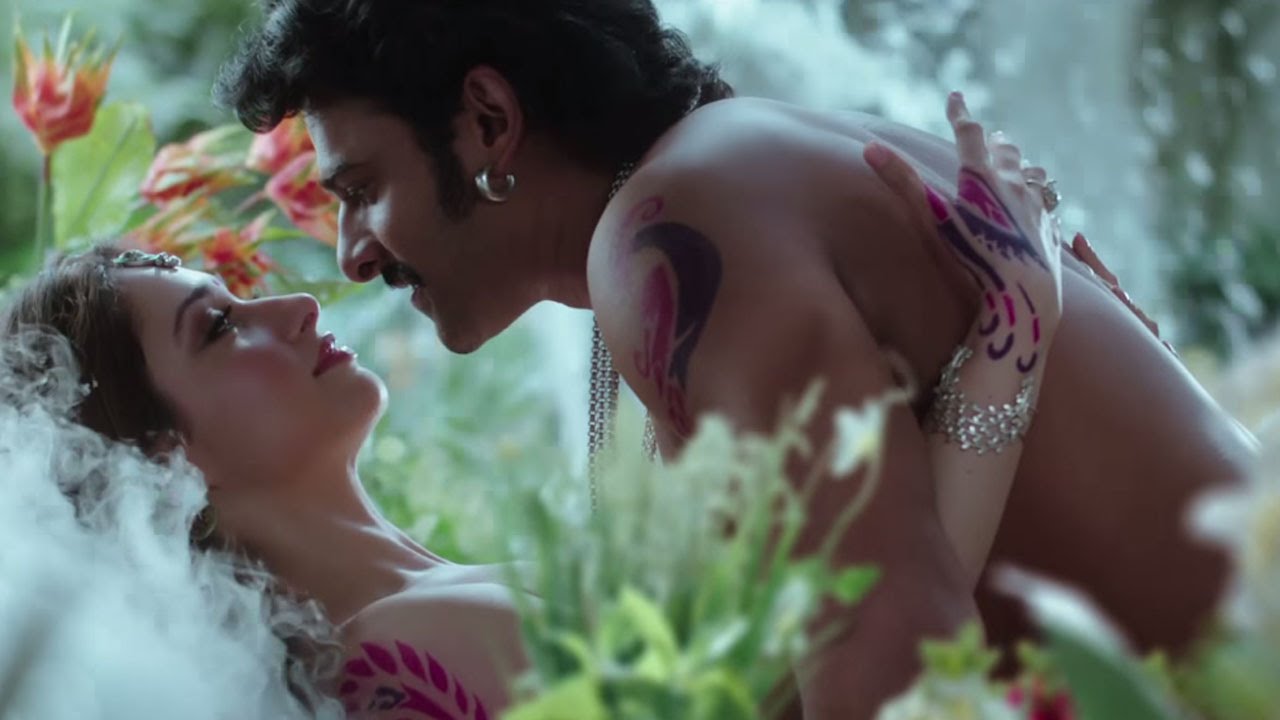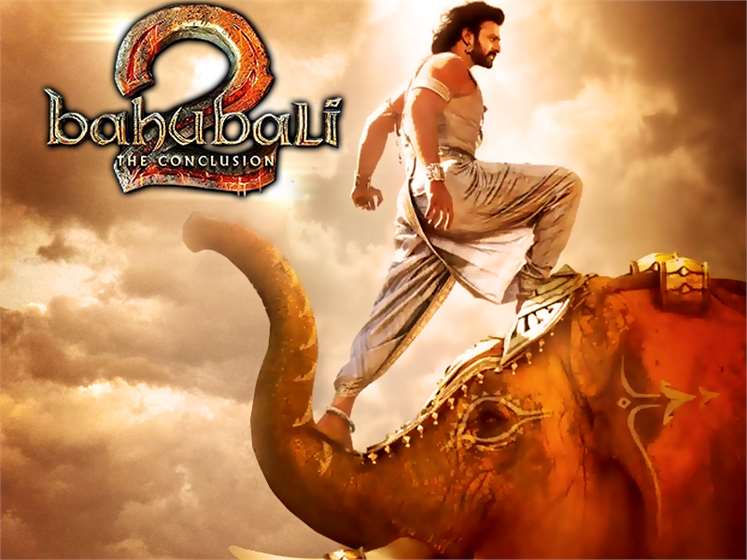
With the path-breaking commercial success of the Bahubali series, it has become imperative to highlight certain other noteworthy achievements of the movie. While focusing on grossing billions and establishing landmarks in the world of commercial cinema, the makers of the movie did-not even attempt to window-dress the glaring prejudices and biases that the movie series conveys. The most blatantly and clearly visible stereotypes throughout the narrative were the gender stereotypes.
In the first part of the series, the character of Avantika surrenders all her valour and resolve at the feet of Mahendra Bahubali, after falling in love with him, and he valiantly and magnanimously pledges that henceforth, her fight is his fight. In other words, she may now contend to fulfil her traditionally defined feminine role of supporting her man in his masculine adventures, and herself stick to looking beautiful and dressing up immaculately. She, instead of being repelled by this generous offer, feels gratified and her entire character completely dissolves in the background from then on, the entire focus shifting to the hero of the grand saga, Mahendra Bahubali and his ostentatious display of his immense strength and power. Another female protagonist of the movie, Devasena, though depicted as a self-respecting and powerful female in the recently released second part of the movie, is always shown as secondary to Amarendra Bahubali, and his unmatched valour. Her strength, fighting acumen and bravery, though highlighted, are always depicted as non-essential to the entire scheme of things, wherein the glorification of Amarendra Bahubali is the sole focus. Her expertise with weapons, though lauded, does-not change the fact that her most important duty is to marry and produce a male heir to the throne. Coming to Sivagami, ostensibly the most empowered woman of the saga, she promises her son to marry him to a woman he desires, in return for his immense sacrifice in wilfully accepting her decision of placing his younger brother on the throne, as if that ‘woman of desire’ was nothing more than a precious object, to be gifted away at will. Not stopping at this, at being snubbed at her audacious proposal by the very woman whom she dared to consider nothing more than an inanimate object, she issues orders for arrest of that woman. On the other side, Devasena, who sends a befitting reply to the audacious proposal for her wedding, very conveniently becomes apologetic for it once she thinks that the proposal was actually for her wedding with the man she had fallen in love with. Equally conveniently, Sivagami’s ego is also duly satisfied once Devasena apologizes.
Time and again in the movie series, women are shown as supremely powerful and liberated in one sequence, and suddenly reduced to the usual stereotypes in the next very sequence. So while Avantika prefers to take a backseat after being blown over by Mahendra Bahubali, choosing her newly discovered womanly beauty (what of the song sequence where Mahendra Bahubali transforms her from a warrior to a ‘beautifully adorned woman’) as a characteristic defining her from then on, Devasena is content in playing second fiddle to first her husband and then her son. Sivagami, who famously declares her word to be her rule, does not agree to sit on the throne, who, according to her, correctly belongs to the male heir of the ruling family.
While it can be argued that the purpose of the movie was to entertain the audiences (on which count it has far exceeded its mandate) and not to address social issues, however, it is disturbing to find that such blatant and glaring portrayal of stereotypes has not found even the smallest of notice or mention anywhere. The audiences, critics and even the connoisseurs of art and experts, have not thought it relevant to at least bring out these aspects of this much glorified saga. It seems everyone has found it convenient to forget that prejudices, biases and stereotypes are entrenched slowly and gradually, exactly in this manner. While looking at the entertainment value of commercial films, it is imperative that the social impact of the film be, at the very least, brought out to the fore and discussed threadbare. The audience may go to the movie halls for getting entertained, yet, they need to be made aware of the social cost of what they are watching. They may still choose to watch the movie for its entertainment value, and may also enjoy it, however, the entrenchment of stereotypes and biases will become that much more difficult, for the audiences will have another perspective from which to look at things, and would be that much wiser for it.
Nivedita Dwivedi has done MA in Elementary Education from Tata Institute of Social Sciences.












































